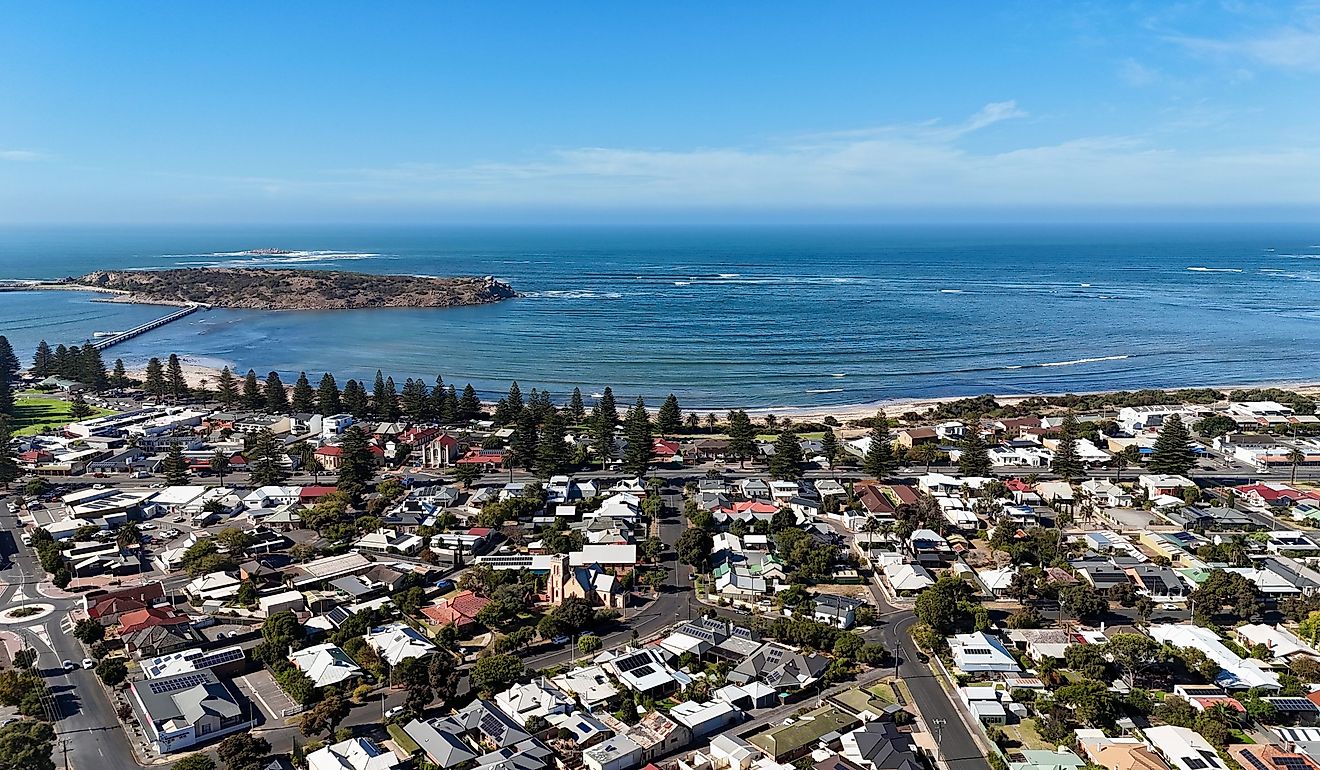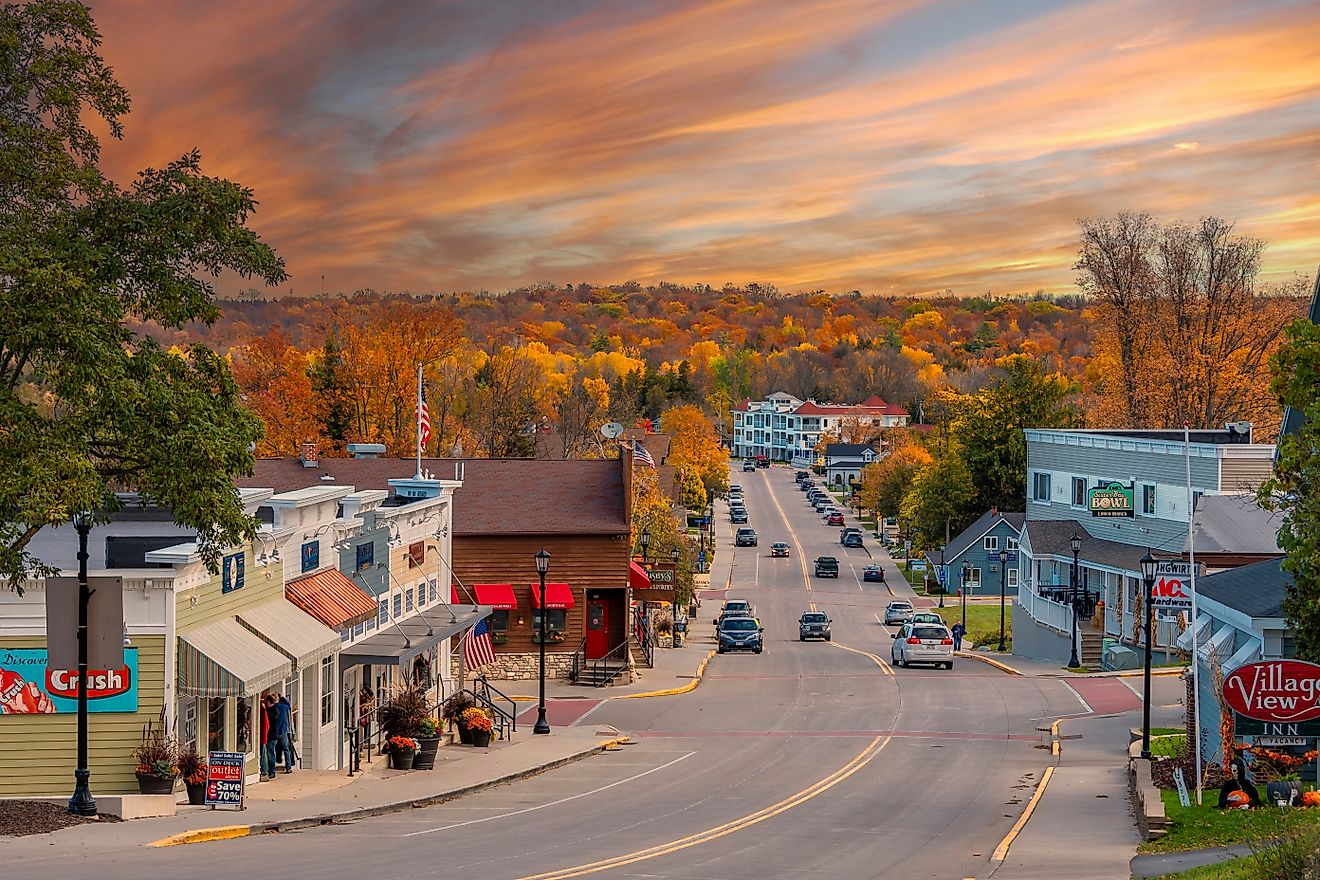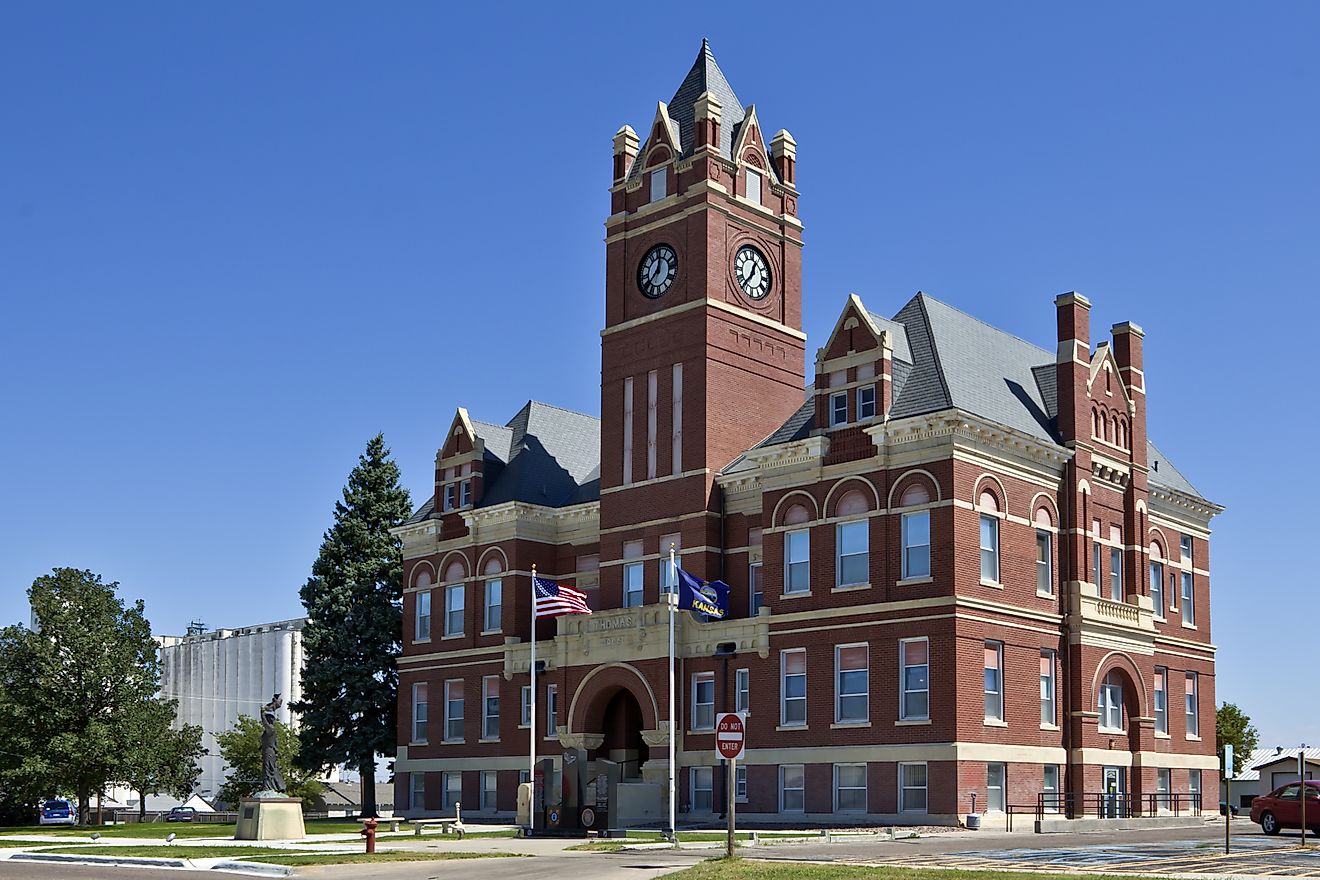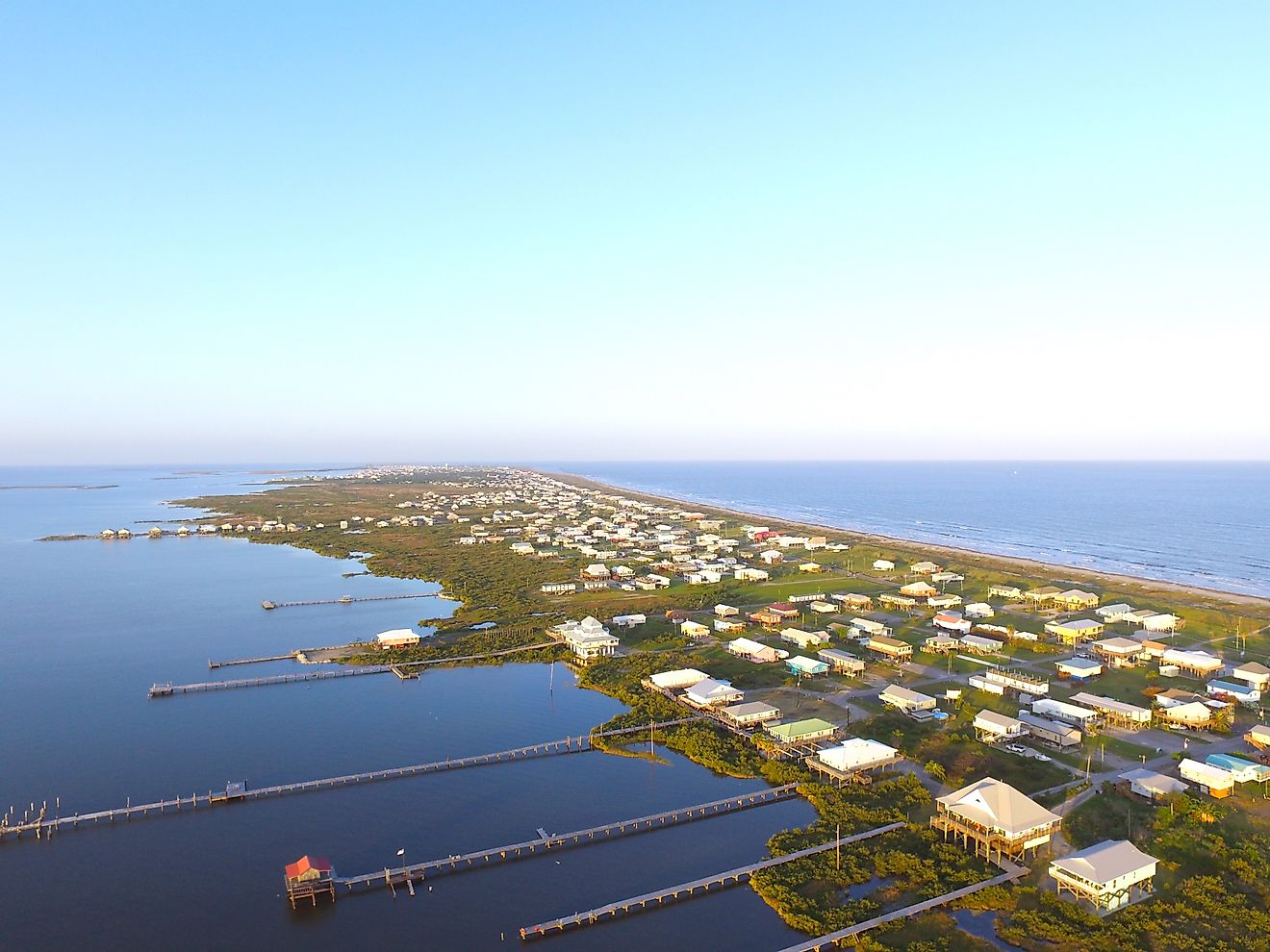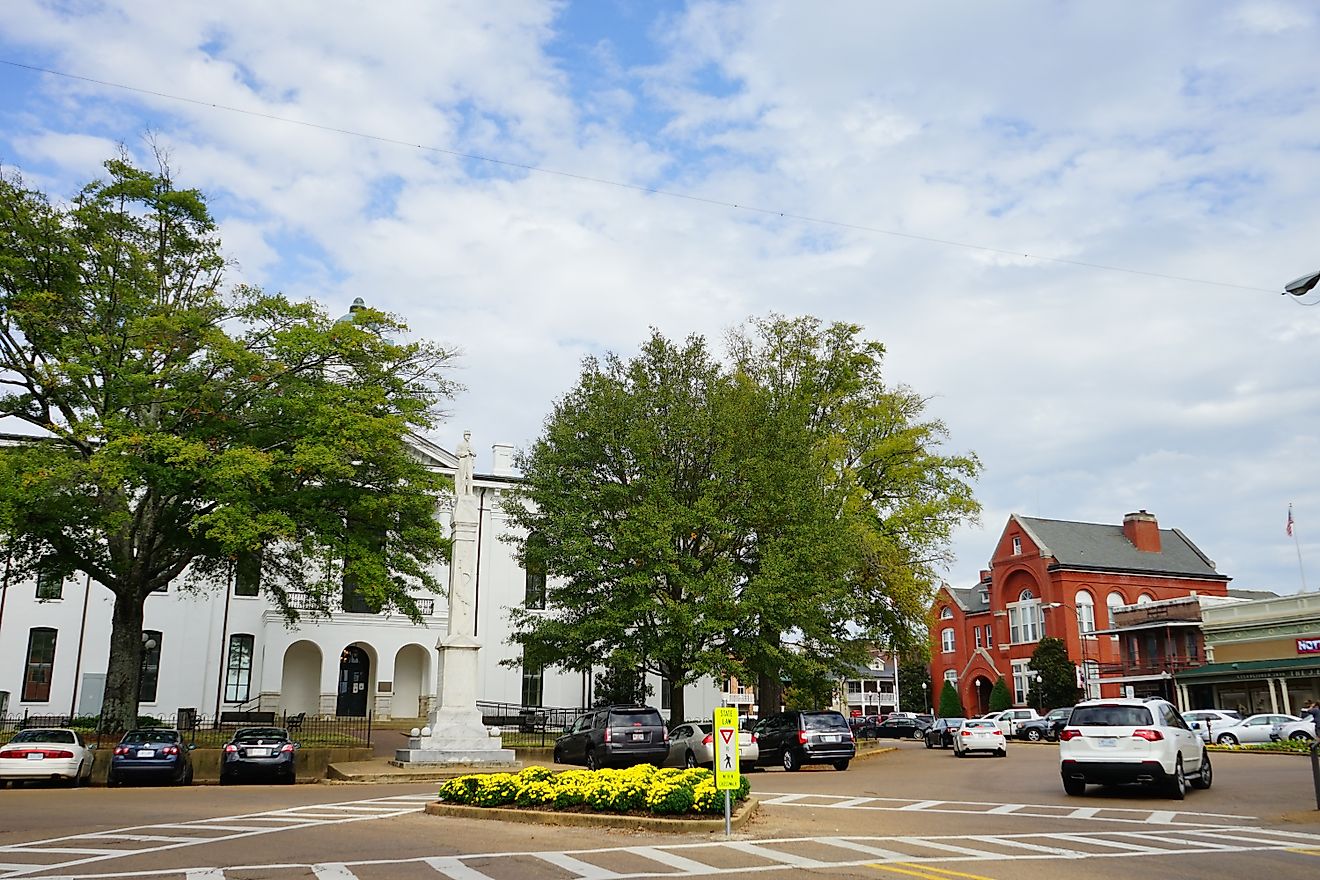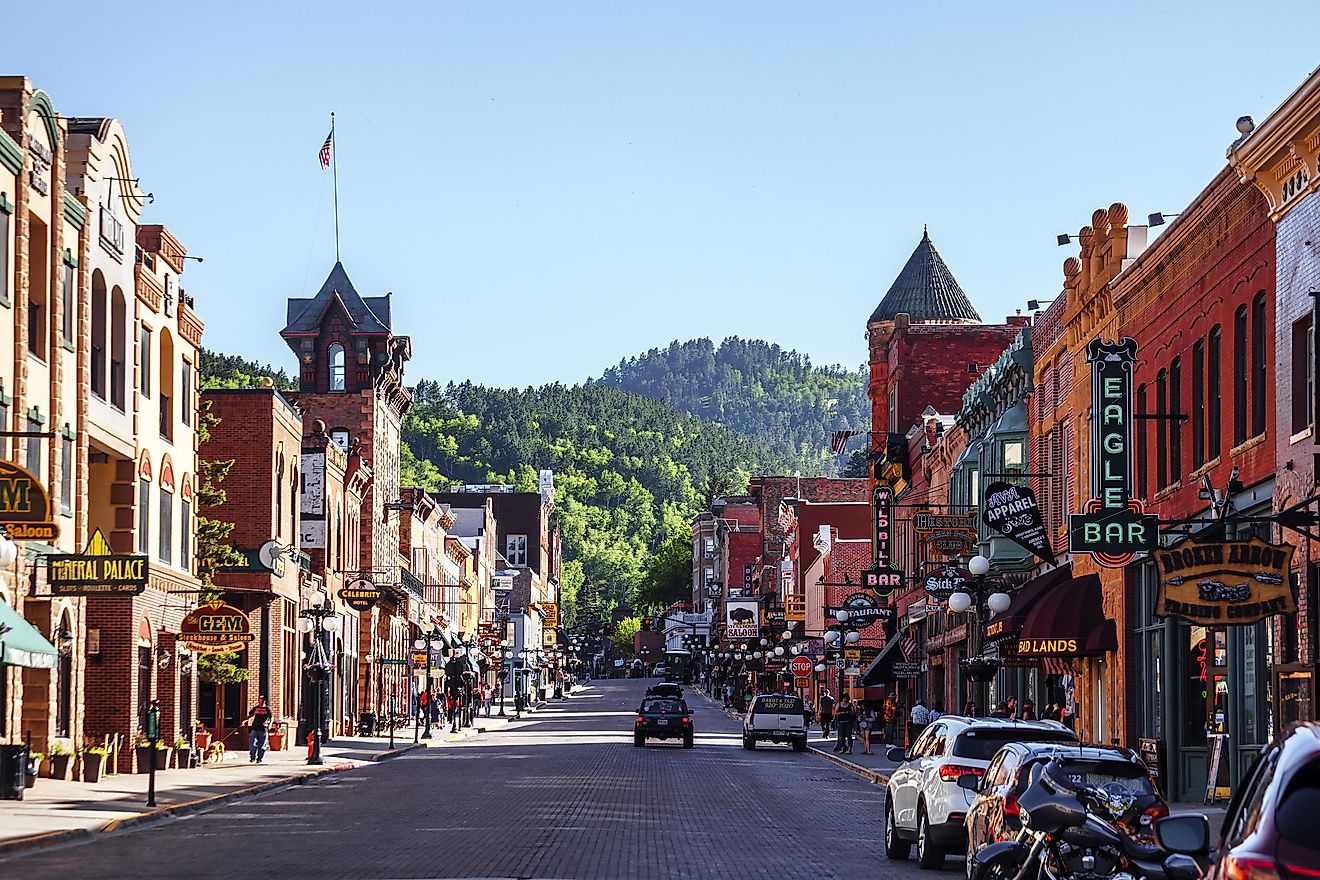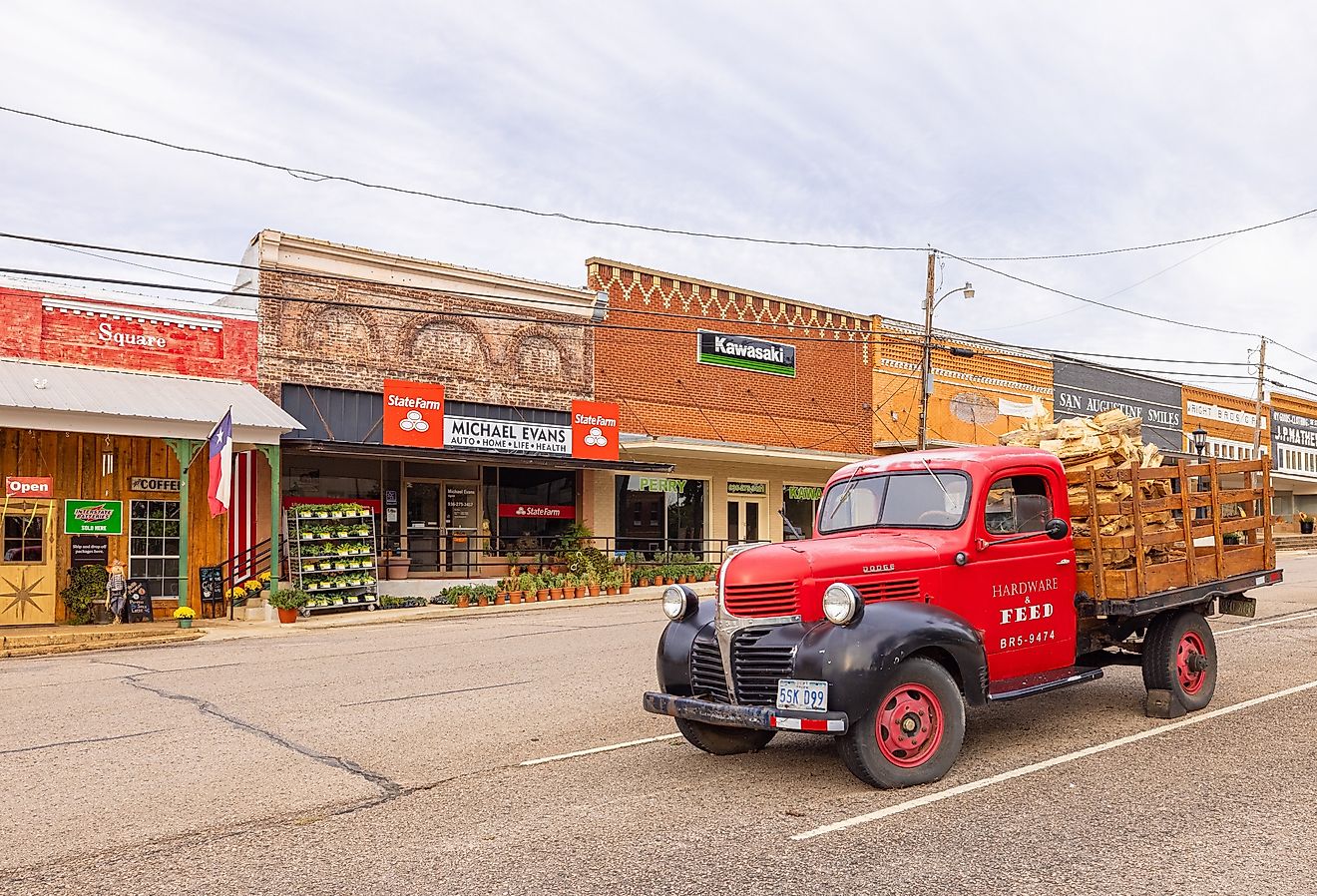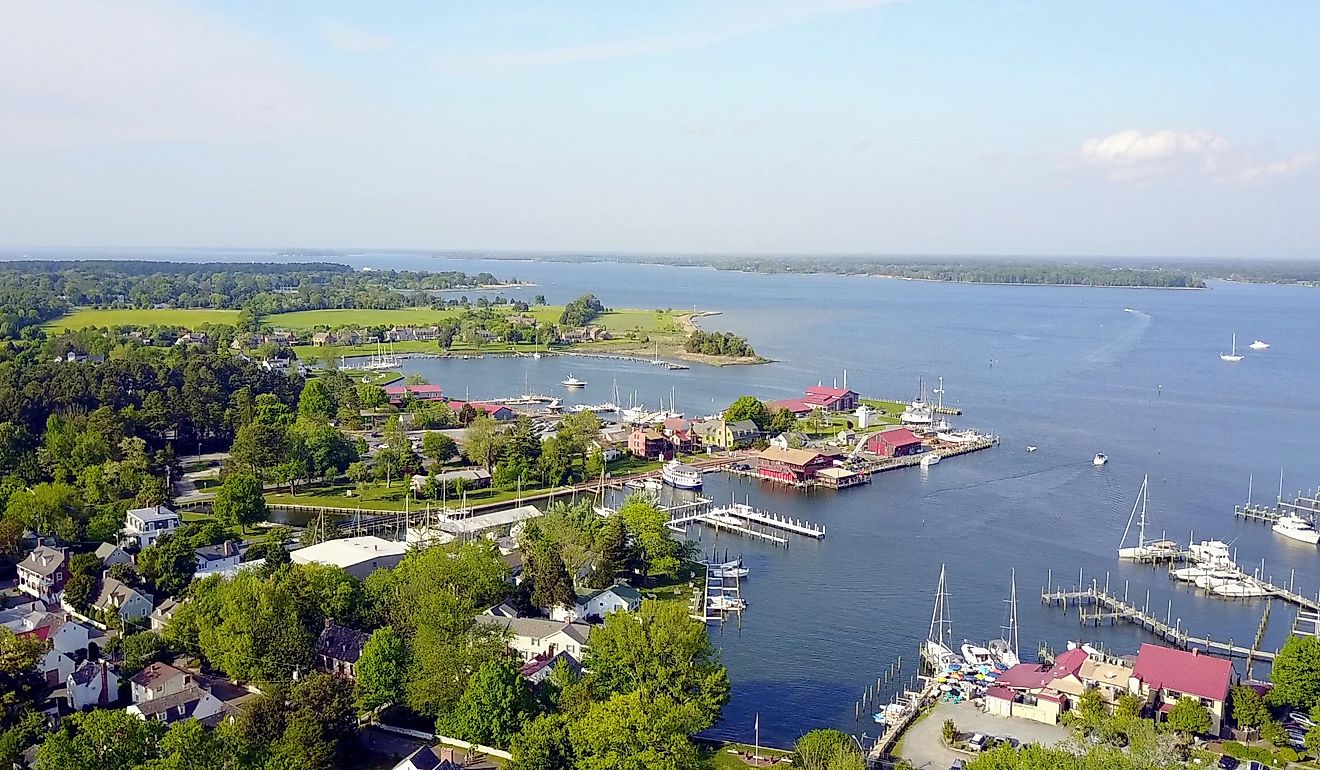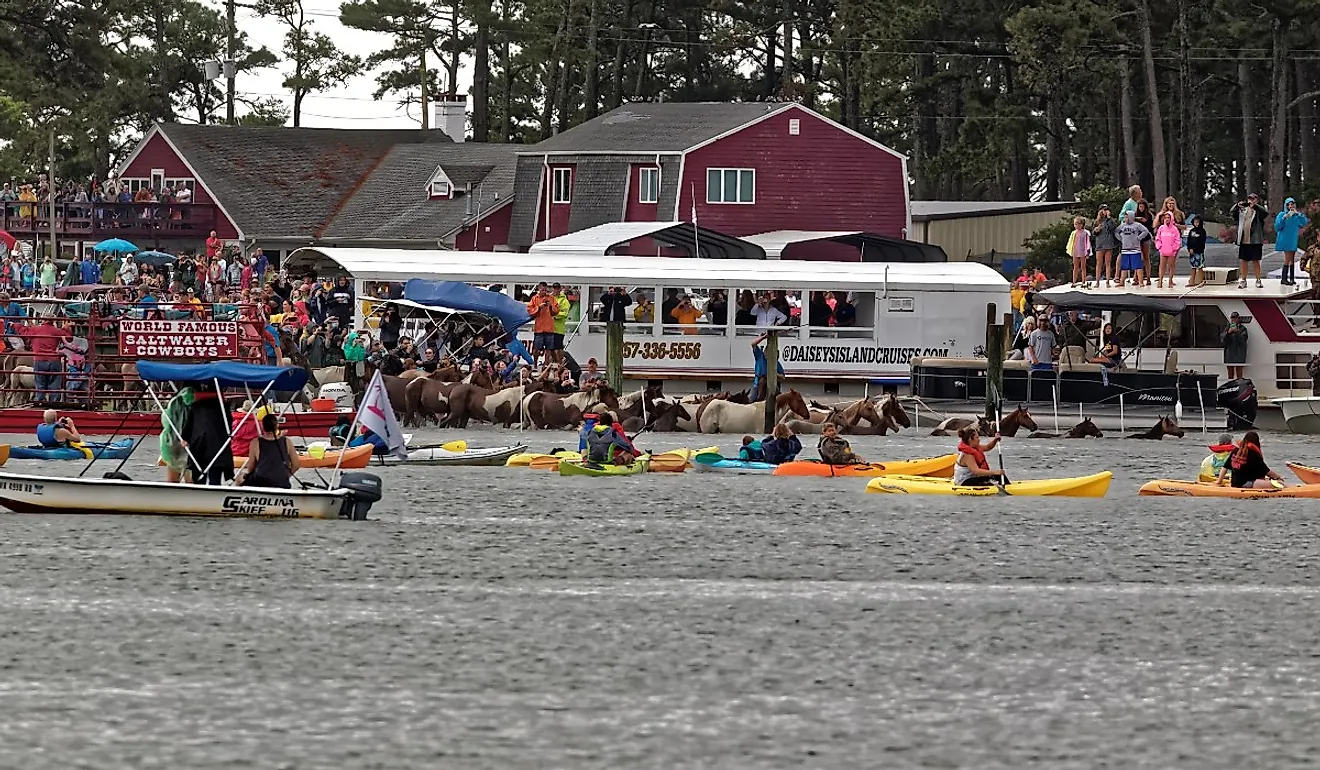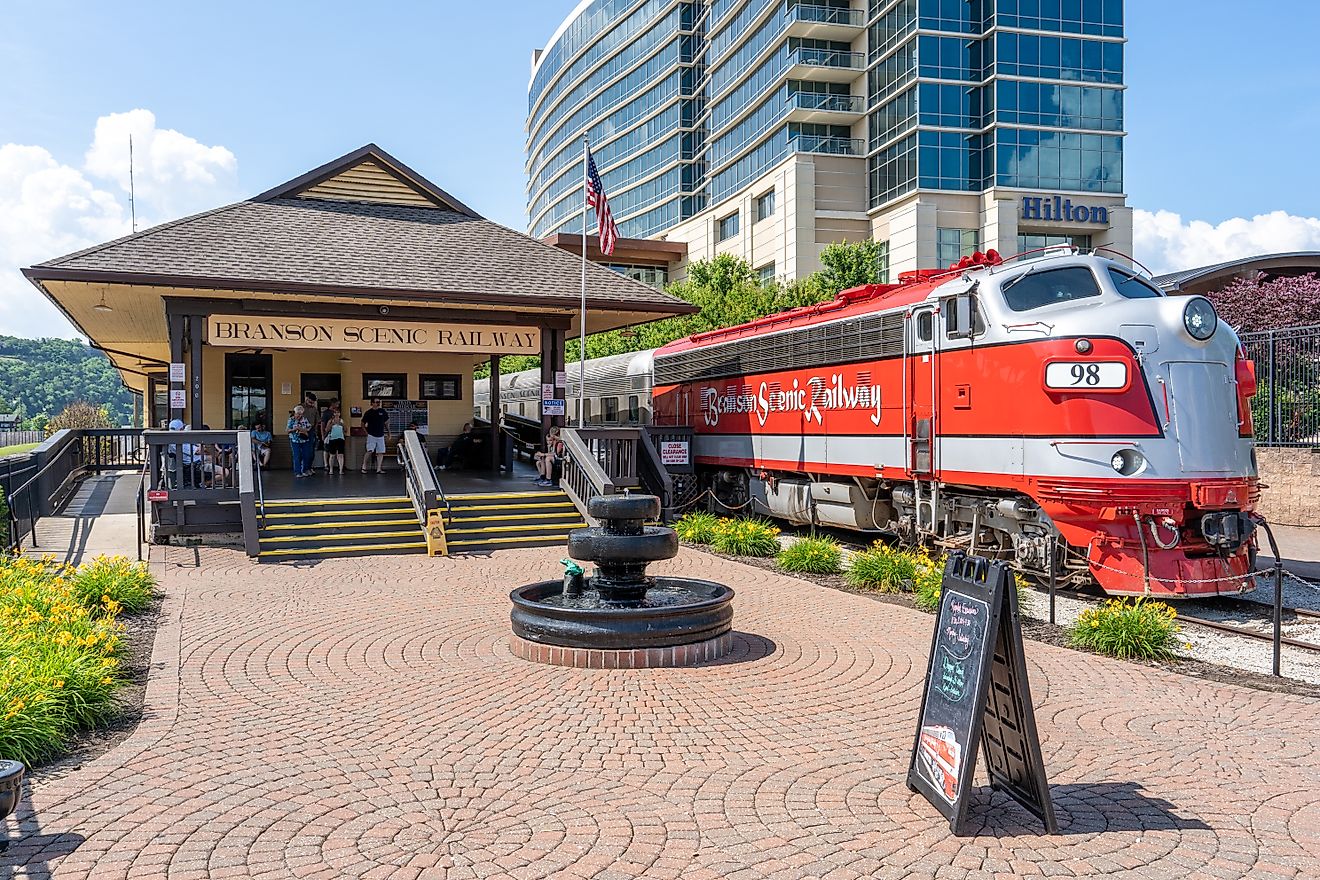
Hialeah, Florida
The City of Hialeah is a municipality in Southeast Florida, United States. It is situated in the Miami metropolitan area and ranks as the sixth-largest city in Florida. Known as "The City of Progress," Hialeah is a place of Hispanic heritage and hosts a large population of Cuban-Americans. The city's welcoming, immigrant-centric history creates a strong foundation of culture, tradition, and family.
Geography Of Hialeah
The City of Hialeah is in Miami-Dade County, encompassed by Miami, Miami Lakes, and Miami Springs/The Miami International Airport. Fort Lauderdale lies about 30 miles to the North of Hialeah, Fort Myers is about 145 miles to the Northwest, and Jacksonville is approximately 345 miles all the way up the East Coast of Florida's wing. The Straits of Florida surround the adjacent city of Miami to the East and Biscayne Bay to the South.
Climate Of Hialeah
Hialeah is hot, sunny, and also rainy. The average annual temperature is about 77 degrees Fahrenheit, ranging from a low of 59 degrees in January to a high of 90 degrees in July. There are 252 sunny days per year in Hialeah (compared with the national average of 205), but the city also receives around 65 inches of rain annually (compared to the national average of 38 inches). The average relative humidity across the year is about 72%.
Population Of Hialeah
As of 2020, Hialeah had a population of about 223,109, making it the sixth-largest in the state. The demographic is uniquely skewed, with a Hispanic population of about 94.7%. Furthermore, Hialeah has the highest percentage of Cuban and Cuban-Americans in the entire country (73.37%). Finally, 96.3% of residents report speaking Spanish at home, and only 7.37% speak only English. Hialeah has a fairly smooth bell-curve distribution in terms of age, with a peak range between 25 to 54 years old, and the average age is 44.5. The sex ratio is 52.4% female and 47.6% male.
A Brief History Of Hialeah

The name Hialeah stems from the Seminole-Creek word hiyakpo, roughly meaning "pretty prairie." The Seminole-Creek Native Americans operated on the land of modern-day Hialeah from the 18th century to the early 20th century.
In 1921, a rancher named James H. Bright and "The Father of Naval Aviation," Glenn Curtiss co-founded the city of Hialeah (Curtiss also helped establish nearby Miami Springs and Opa-Locka). In 1925 Hialeah was incorporated, and the historic Hialeah Park Racetrack was built, which attracted the likes of Harry Truman, Joseph Kennedy, Winston Churchill, and J.P. Morgan. Unfortunately, in 1926, a hurricane wiped out much of Hialeah and Miami.
In 1959, Cubans began fleeing from Fidel Castro and settling in Miami and neighboring Hialeah. This trend increased from 1965 to 1937 and then into 1980 with a mass fleeing of Cubans known as the Mariel Boatlift. These events established the large population of Cuban-Americans that call Hialeah home today.
Visiting Hialeah
The Miami International Airport is a mere 3.5-miles from downtown Hialeah. Given its large Cuban population and overall Hispanic heritage, Hialeah is a great place to immerse oneself in the Spanish language (including street signs) and eat some authentic Cuban food. There are also monuments and parks throughout the city to take stock of as they pay homage to the various heroes of the residents. The Hialeah Park Race remains the focal point of the city, and it now also operates as an Audubon Bird Sanctuary.
The City of Hialeah is a large and fascinating municipality just outside of the action of Miami. Its cultural flair and proud example of the mutual benefits of immigration make it a neat spot to stay if you are passing through Southeast Florida or flying into or out of Miami.
